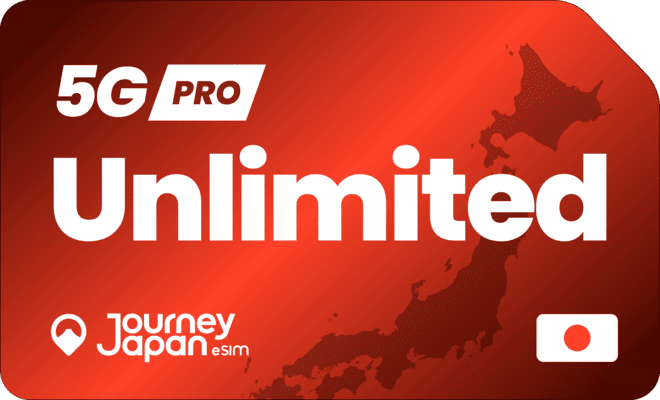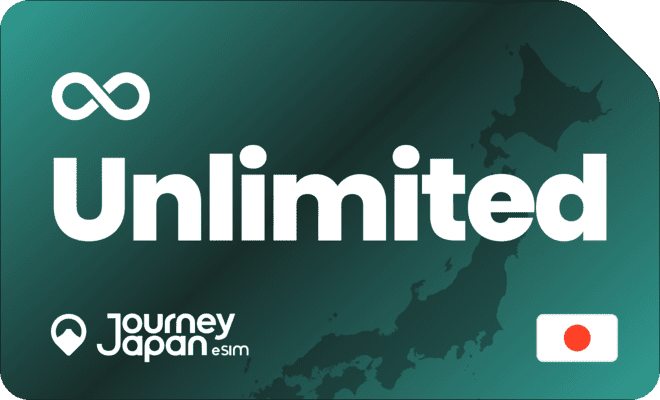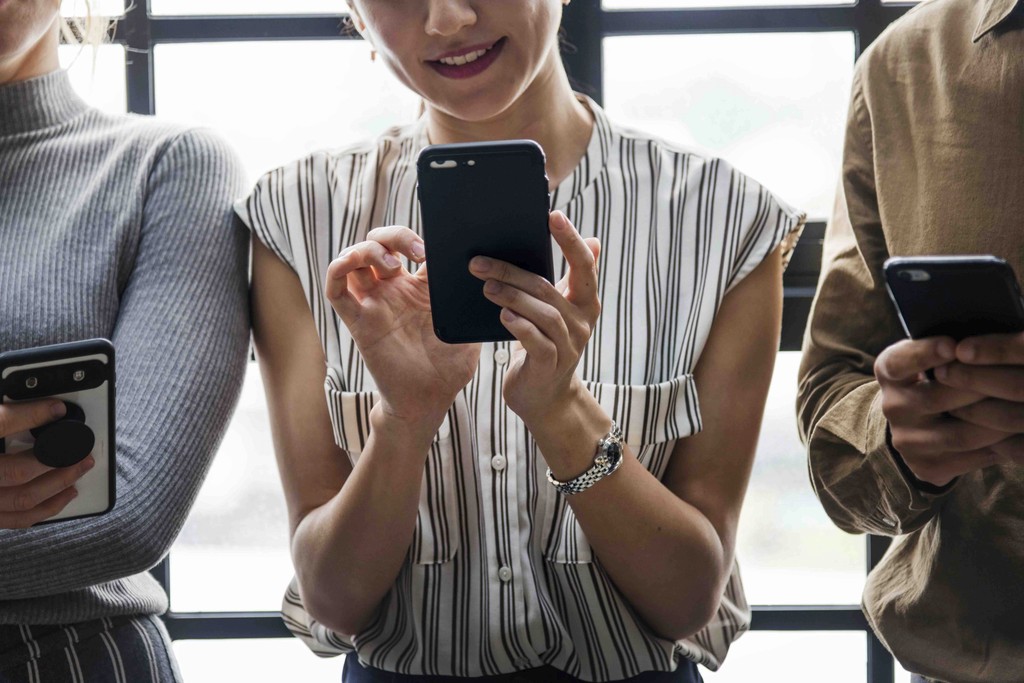Posted on
Nov 19, 2025
5 min
read
/
By
Clay Thomas
Learning how to hotspot with an eSIM is not as complex as it may seem, if you know what you are doing.
Let me guess—you have a trip coming up, you've got your eSIM ready, and now you're wondering, "Can I actually use a my eSIM as a hotspot for my other devices?
Well, the answer is yes. And I'm going to show you exactly how to do it, so you don't get lost.
I've been there. Standing in a Tokyo train station, frantically trying to share my connection with my buddy's laptop to pull up our school transcripts on his Google Drive. Everything we tried, I kept wondering why nothing's working. Honestly, it was a nightmare, and I wish I knew then what I knew now. So, to avoid any stress like that again, I'm breaking this down the way I wish someone had explained it to me.
Understanding eSIM Hotspot Technology
What eSIM Hotspot Does
Let's cover the basics. An eSIM hotspot turns your phone into a portable Wi-Fi router. Simple as that.
Your eSIM provides the data connection. Your phone's hotspot feature broadcasts that connection to other devices.
It's the same technology as a physical SIM card, just digital. Think of it this way: your phone becomes the middleman between the internet and your laptop, tablet, or anyone else's device nearby.
No extra hardware needed.
Device and Carrier Requirements
Not every phone plays nice with all eSIM hotspot functionality. Here's what you need to get started.
Device Requirements:
eSIM-compatible smartphone (iPhone XS or newer, most recent Samsung Galaxy, Google Pixel 3 or newer)
Unlocked device (not tied to a specific carrier, or hidden restrictions)
Personal Hotspot feature available in settings
Carrier Requirements:
eSIM plan that allows tethering (most do, but check)
Sufficient data allowance for sharing
Proper APN configuration (sometimes manual setup required)
Check iPhone compatibility: Go to Settings > Cellular > Add eSIM. If you see this option, you should be good.
Check Android compatibility: Settings > Network & Internet > Mobile Network. Look for eSIM options there.
Hotspot Connection Methods
Wi-Fi Tethering
This is the standard method most people use when they want to hotspot with eSIM. It's fast, supports multiple devices, and works with anything that has Wi-Fi.
The typical range is about 10 meters (roughly 30 feet) in clear conditions. Walls and obstacles reduce that significantly. In short, avoid obstacles and the closer to the connection, the better.
Battery drain is moderate to high depending on usage.
Best for: Connecting laptops, tablets, or multiple phones simultaneously.
Bluetooth Tethering
Bluetooth tethering is slower but way easier on your battery. It's perfect if you just need to check emails or browse lightweight websites.
Pair your devices via Bluetooth first. Then enable Bluetooth tethering in your phone's hotspot settings.
On the iPhone, this happens automatically when paired. On Android, you'll toggle it separately.
Best for: Single device connection when battery life matters more than speed.
USB Tethering
USB Tethering is the fastest and most battery-efficient method. Connect your phone to your laptop with a USB cable.
On iPhone, it activates automatically when you plug in (if Personal Hotspot is enabled). On Android, go to Hotspot & Tethering and toggle "USB tethering."
Your laptop charges your phone while using it for the internet. Win-win.
Best for: Heavy data usage like video calls or large file uploads while keeping your phone charged.
Managing Data and Battery
Monitor Data Consumption
Here's the truth nobody tells you about hotspot usage. Sharing a connection, burns through data faster than normal phone usage. Way faster.
Check your data usage regularly:
On iPhone: Settings > Cellular. Scroll down to see per-app usage.
On Android: Settings > Network & Internet > Data Usage.
Set up usage alerts if your plan has limits. Nothing worse than running out of data three days into a two-week trip.
Heavy data activities to watch:
Video streaming (Netflix, YouTube)
Video calls (Zoom, FaceTime)
Cloud backups and updates
Online gaming
Battery Management Tips
Running a hotspot drains your battery significantly. Real-world testing shows approximately 13-15% battery drain per hour with per active hotspot use.
This means you can expect around 6-7 hours of continuous use from a full charge.
A smart tip is to carry a spare power bank. if available I try to use a 20,000mAh one when traveling.
This can keep keeps my phone alive through full days of hotspot usage.
Additional battery tips:
Lower your screen brightness
Close background apps
Enable Low Power Mode (iPhone) or Battery Saver (Android) when hotspotting
Plug your phone into a wall outlet if you're stationary
Every bit helps. Don't rely on battery alone for extended hotspot sessions.
Optimize Connection Range
Keep connected devices within 10 meters (about 30 feet) of your phone for best performance. In ideal conditions without obstacles, some devices can maintain connections up to 15 meters.
But that's the exception.
Reduce the number of connected devices. Every additional device splits your bandwidth and consumes data at an exponential rate.
Two devices work great. Five devices? Everyone suffers.
Position your phone centrally if multiple people or devices are connecting. Physical obstacles like walls and metal surfaces weaken the signal substantially.
Troubleshooting Common Issues
Connection Problems
Device won't connect? Start with the basics:
Quick fixes that work 80% of the time:
Toggle your hotspot off and on
Verify password is correct (check for typos)
Confirm all hotspot information is filled out
Turn Wi-Fi off and on for the connecting device
Restart both devices completely
Ensure APN details are configured
Check if you've hit device limit (most phones: 5-10 max)
The connection handshake sometimes fails. A simple restart resets everything.
Slow Speeds
Slow hotspot speeds = one of three culprits:
Common causes:
Weak cellular signal (1-2 bars)
Too many connected devices
Network congestion
Solutions that work:
Move to a location with better reception
Disconnect unused devices (they consume bandwidth in background)
Switch speed preference to LTE or even 3G for more stable speeds
Remove devices not actively browsing
High speed coverage can be spotty. Forcing LTE or 3G gives you slightly slower but consistent speeds.
APN Configuration Errors
Data works but hotspot doesn't? Almost always an APN issue.
Fix it in 3 steps:
Go to APN settings
Make Personal Hotspot APN (iPhone) or Tethering APN (Android) match your cellular data APN exactly
Include APN information in any other required spots
Restart your phone
Configuration changes usually need a restart to take effect.
Still stuck? Contact your eSIM provider. They can push settings remotely or walk you through the correct configuration.
Using Journey Japan eSIM for Hotspot
When you're traveling through Japan, having reliable data that you can share makes everything easier. I've used hotspots to coordinate with travel groups, share directions, and keep multiple devices online.
All without hassle. Journey Japan eSIM plans support hotspot functionality out of the box. No hidden restrictions, no extra fees.
Your data allowance is yours to use however you need. Whether that's streaming on your phone or tethering to your laptop. No hotspot limits in sight.
The setup is simple: activate your eSIM right after landing. Input the correct APN settings on your Cellular Data and Hotspot fields, and boom your hotspot works immediately. No configuration headaches.
Benefits Over Pocket Wi-Fi
I used to rent pocket Wi-Fi devices. Honestly, the hassle isn't worth it anymore.
Why hotspot with eSIM wins:
No extra device to carry, charge, or potentially lose
No airport pickup or return process
No extra fees for insurance, damages, or plans to sign
Lower cost for solo travelers or small groups
Your phone is always with you anyway
Instant activation without waiting in lines
Pocket Wi-Fi makes sense for larger, 10 people groups, sharing one connection. For 1-3 people, individual eSIMs or eSIM hotspot is the smarter move.
Conclusion
Learning how to hotspot with eSIM transforms how you travel. One device, one data plan, multiple connections.
No extra hardware, no complicated setups.
The key is proper configuration, monitoring your usage, and managing battery life. Do those three things right, and you'll stay connected wherever you go.
If you're heading to Japan, check out Journey Japan eSIM for reliable, travel-friendly, no worry data plans. Plans designed specifically for Japan visitors, to make your journey more enjoyable.
Fast activation, excellent coverage, and full hotspot support. Everything you need to stay connected throughout your trip.
Frequently Asked Questions (FAQs)
1. Can all eSIM plans support hotspot functionality?
Not all eSIM plans support hotspot or tethering. Some providers restrict this feature, put limitation on specific data use, or charge extra for it.
Always check your plan's terms before purchasing. Most travel-focused eSIM providers, including Journey Japan eSIM, include hotspot support in their standard plans.
No additional fees required.
2. How much data does hotspot use compared to regular phone usage?
Hotspot usage typically consumes 2-5x more data than regular phone browsing. This happens because connected devices (especially laptops) load full desktop versions of websites.
They run background updates and stream higher-quality content.
A laptop browsing the web uses roughly 60-150MB per hour. Video streaming on a connected device can burn through 1-3GB per hour depending on quality settings.
3. Will using hotspot drain my phone battery faster?
Yes, significantly. Real-world testing shows that running a hotspot drains approximately 13-15% of battery per hour with each active user.
This means you can expect around 6-7 hours of continuous hotspot usage from a full charge. Though this varies by device model and usage intensity.
If you are planning to use esim hotspot excessively, always carry a portable charger. Even better, if you are stationed in one spot, keep your phone plugged in during a hotspot session.
4. How many devices can connect to my eSIM hotspot at once?
Most smartphones allow 5-10 simultaneous hotspot connections. Though this varies by device model.
However, more connected devices mean slower speeds for everyone. Bandwidth gets divided among all users equally.
For optimal performance, limit connections to 2-3 devices. Check your phone's hotspot settings to see the specific limit for your device.
5. Why isn't my hotspot working even though my eSIM data works fine?
This usually indicates an APN configuration issue. Your cellular data APN might be set correctly.
The Personal Hotspot APN (separate setting) might be missing or incorrect.
Go to your APN settings and ensure both the cellular data and hotspot sections have identical APN information. If problems persist, restart your phone after making changes.
If the issue persists, contact your eSIM provider for the correct hotspot APN settings.

5.0
USD
$84
New

4.9
USD
$69


4 min
read
/
Posted on
February 24, 2026
eSIM Japan Family Plan: How to Keep Everyone Connected on Your Trip

5 min
read
/
Posted on
February 12, 2026
Best Japan eSIM: Airalo or Journey Japan eSIM

5 min
read
/
Posted on
December 24, 2025
Japan eSIM with Unlimited Data: Stress-Free Travel

3 min
read
/
Posted on
December 17, 2025
Journey Japan eSIM Partners with Tokyu Kabukicho Tower


